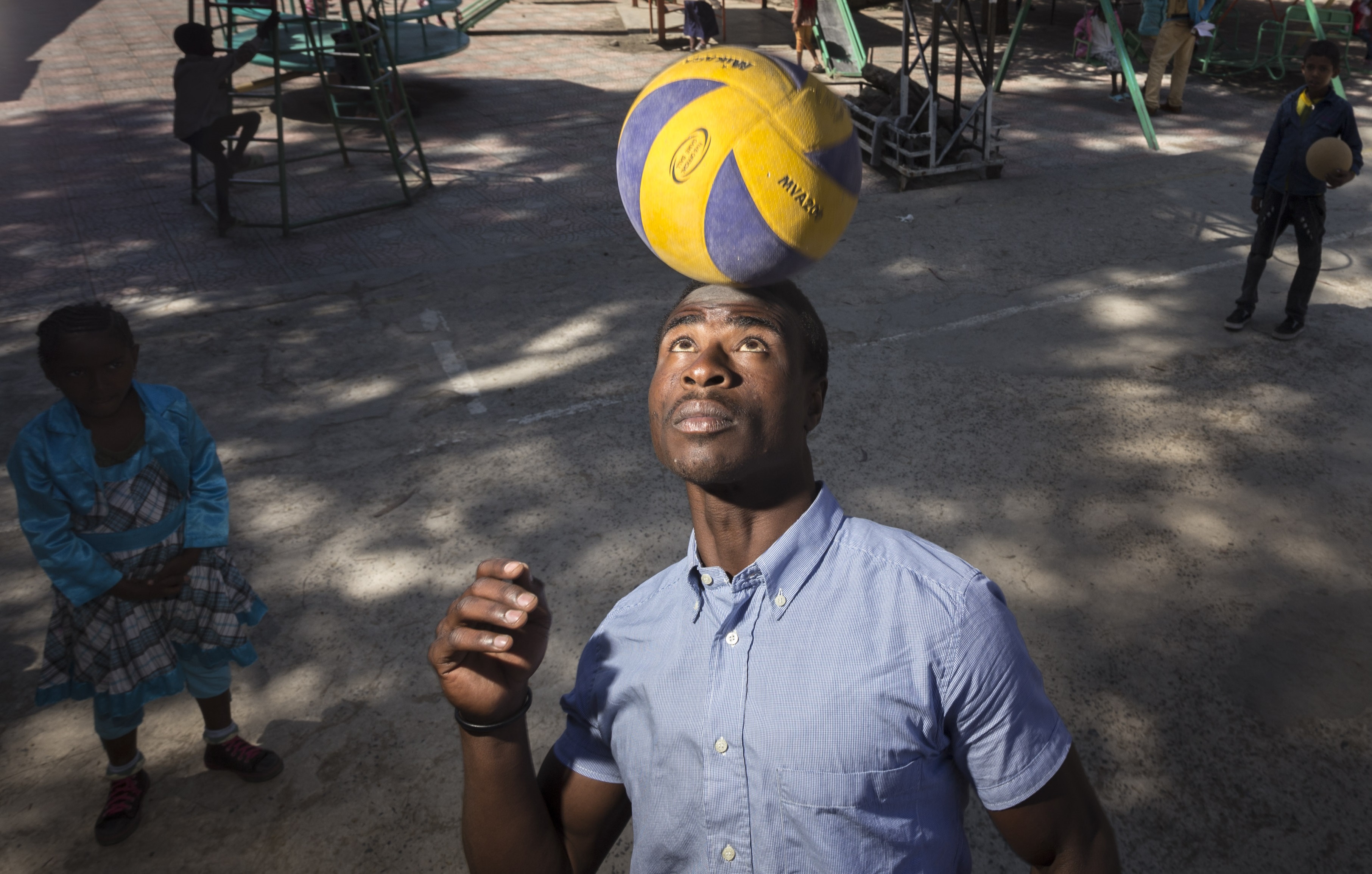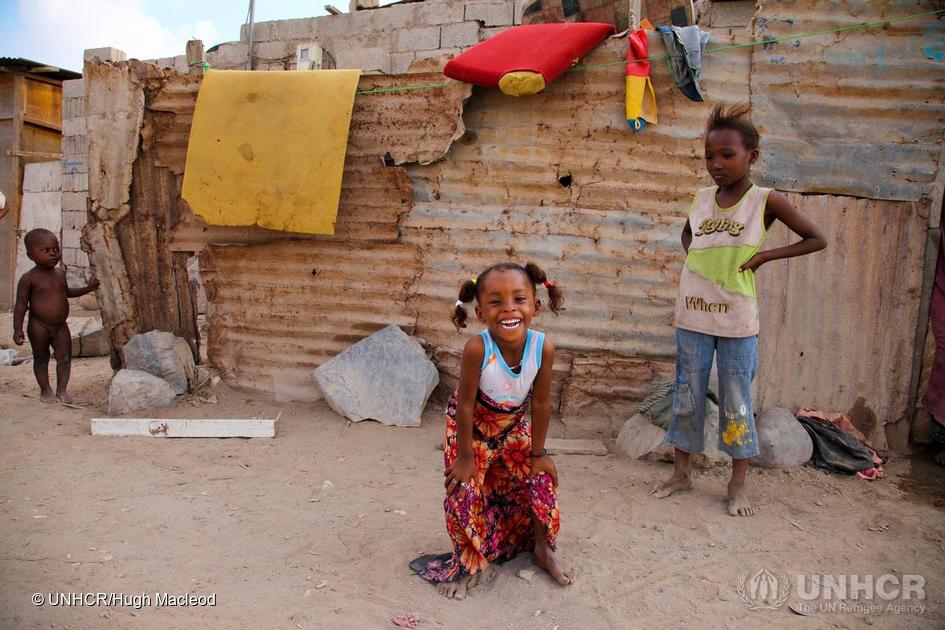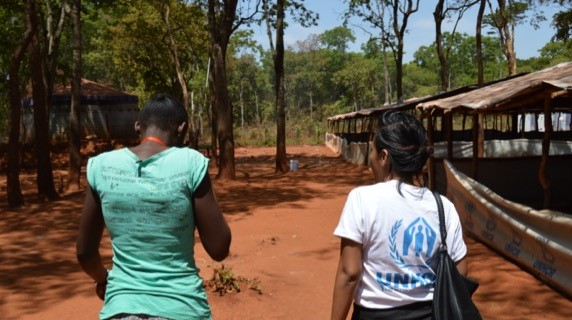Bianca’s dream
A young refugee from Burundi dreams of continuing her studies, enrolling into a university and specializing in Law.
By Gina Meutia, UNHCR Kibondo, Tanzania
For refugees like Bianca*, the promise of the Sustainable Development Goal (SDG) on Quality Education seems elusive. In refugee camps tertiary remains unattainable, perceived as a luxury when there are only very limited resources for universal primary and secondary education. Tertiary programs require significant long-term financial investment to enable students to graduate.
Bianca has lived in a refugee camp in north-western Tanzania’s Kigoma region with her parents and five siblings since fleeing Burundi when political instability reached its peak in April 2015. Their lives were turned upside down when the father was threatened following disagreements with a group which supported the ruling party.
“My father is my role-model,” she says. “He was a teacher back home. He has principles which he upholds in his life. He refused to submit to the pressure. So we had to escape.”
It was not their first experience of exile. The 18-year-old was born in a refugee camp in Tanzania in 1998. She speaks a perfect English with a subtle accent which she had picked up while living as a refugee previously.
Young Bianca dreams of continuing her studies one day, enrolling into a university and specializing in Law. She typifies confidence and intelligence, “My favorite subjects in school were philosophy and literature,” she says. “I love Shakespeare, you know, Romeo and Juliet?”
One of the targets of the SDG on Quality Education is by 2030, to ensure equal access for all women and men to affordable and quality technical, vocational and tertiary education, including university. However, Bianca’s dream could not be further away from reality, not in a refugee camp where there is almost no access to tertiary education.
For young people like Bianca universally, higher education offers graduates more jobs to choose from. It improves an individual’s quality of life through better access to health care, better dietary and health practices, greater economic stability and security, and so on. For refugees, higher education represents an investment for the individual and for society, not least in terms of rebuilding lives and communities, and fostering leadership in whatever settings they find themselves in.
To keep occupied Bianca volunteers at the UNHCR Reception Centre in the camp allocating shelters for the newly arrived refugees. “I just want to help,” she says. “I am very inspired by seeing what UNHCR and the other humanitarian organizations are doing to help the refugees in the camp. I also want to contribute to positively impact the lives of other refugees.”
Bianca currently sees her only hope in her family being resettled to another country. She and her family are traumatized, she says, tired after having fled Burundi several times. “We feel unsafe there. I really doubt that returning is the sustainable solution for us.”
Still, her spirit of perseverance and hope transpires through her gaze as she says, “What keeps me motivated every day is to think that I wake up in the morning while some people do not.”
*Bianca’s name has been changed for protection considerations
See also

Football-crazy refugee aspires to join the ranks of African superstars like Didier Drogba

I want a better life for my children


